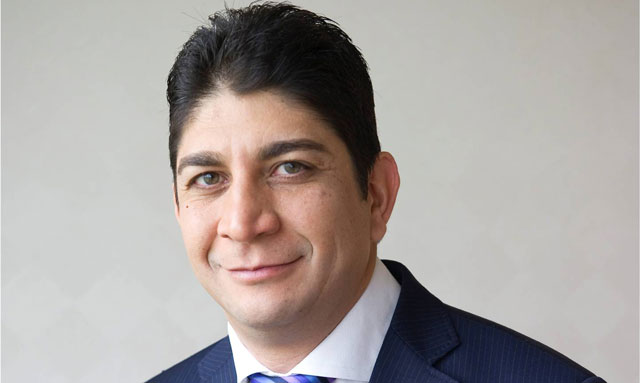
Vodacom raised prices on 1 May in order to be in a position to reduce them in future, its CEO, Shameel Joosub, said on Monday.
Speaking to journalists, analysts and investors at the group’s annual results presentation on Monday, Joosub said the price increases were implemented only “as a last resort” and were necessary to ensure Vodacom could continue its “price transformation journey”.
“It was a last resort, but it was done to ensure we … could price up to price down,” he said.
“We needed some headroom to ensure we could ensure the [end] result. I would not pencil further price increases into your numbers going forward,” Joosub said in reply to a question from an analyst.
Vodacom surprised the market — and drew fire from consumers — last month when it said it would hike contract tariff plans from 1 May. It hiked the subscription fees on selected contract price plans, including Vodacom Smart, uChoose Smart, uChoose Flexi, Top Up and mobile broadband packages.
Joosub said the price increases were the result of a number of factors, including a big cut to mobile termination rates — which lopped R2bn off the group’s top line and R1,2bn off its bottom line in the 2015 financial year — as well as the declining value of the rand, rising inflation and weak consumer spending.
“[This] put immense pressure [on us], as well as [on] the price transformation we are going through,” he said.
Vodacom’s plan, Joosub said, is to get 100% of its clients on integrated plans — plans that offer data, voice and other products as part of a bundled service — and wean them off ad hoc services.
He said prices for both data and voice will continue to fall, and those in integrated plans will benefit most. “We have seen a massive increase in data bundling. We went from 4,5m data bundles sold a month at the beginning of the year to 20m bundles at the end of the year, giving customers more value.”
Asked about the threat posed by over-the-top (OTT) voice providers like Facebook’s WhatsApp, which threaten to disrupt operators’ traditional cash-cow voice businesses, Joosub said Vodacom has seen little negative impact on revenue.
“By moving customers to more integrated plans, it protects us against the OTT players,” he said. “When calls cost as little as 10c, it reduces the need and attractiveness of, let’s say, WhatsApp voice.”
However, he cautioned that regulators — in South Africa’s case, that’s Icasa — need to “consider how they will handle the issue”.
“Operators will still have to make a margin to encourage continued investment into their networks. If they are not making a respectable return, they are not going to invest,” Joosub said.
Future data pricing also depends on how successful OTT voice providers become, he said. If voice calls move entirely to the data network, then data “will have to be appropriately priced”.
“It doesn’t mean we’ll have price increases in the short term, but regulators need to apply their minds carefully about how we deal with OTT providers,” he said. — © 2015 NewsCentral Media




